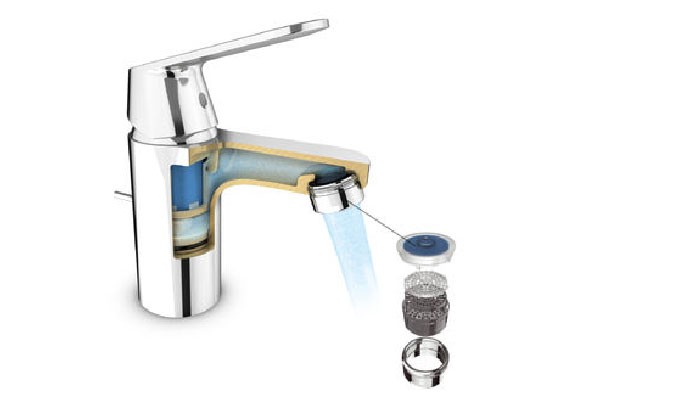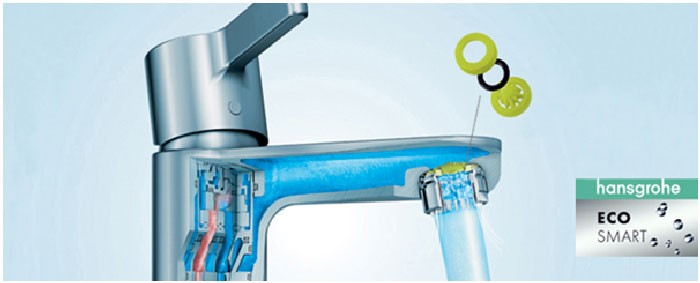Water Regulations
On 1 April 2017 the new water retail market opened in England. This allows eligible non-household customers the opportunity to choose their water retailer for the first time.
The Open Water programme was set up by the UK Government, led by three partner organisations: DEFRA, OFWAT and Market Operator Services Limited (MOSL) who state that the introduction of competition represented the biggest transformational change to the water sector in England since privatisation in 1989 and has created the world’s largest competitive water market.
Businesses in England who use more than 5 million litres of water a year have been able to choose their water supplier for some time. It is estimated by the UK Government that the new Open Water Programme will make a further 1.2 million customers eligible. They also estimated that opening the market to competition would boost the UK economy by more than £200 million. Design Insider spoke to Sharon Robinson from OFWAT who said;
‘You’re eligible to switch if you operate from a business premises, pay business rates, and don’t use a household water supply. If you have several sites you could benefit from getting a single bill, saving you time and money on administration costs.
Other reasons to switch include access to online services to pay bills and smart meters to monitor water usage or identify leaks, or advice on reducing water consumption or recycling water. Or you could negotiate a better deal with your current supplier.’
You can find out if you’re eligible by visiting the OFWAT Open-Water website (www.open-water.org.uk)
Opening the market should have a number of benefits to the consumer; it could lower bills, mainly as a result of water efficiency, it could improve service standards and lead to more tailored services to better suit individual business needs. It is hoped that the introduction of these changes will also lead to greater water efficiency, which is already addressed by many water retailers offer advice on water efficiency and reducing waste, offer water usage data and smart metering and online support.
Our members Roca, Grohe and Hansgrohe are leading the way when it comes to eco-friendly water technologies.
Roca have a number of eco-friendly technologies on offer. These include Cold Start, a tap system that turns on the faucet with cold water which saves both water and energy, a Flushfree Urinal that do not require water or electricity and W+W, an integrated basin-toilet that allows the water from the basin to be re-used by sending it to the cistern.
Grohe also delivers a range of water saving products. These include dual-flush toilets which allow the user to choose how much water to use when flushing, water-saving shower heads which not only significantly reduce water consumption but saves on water bills too. Grohe EcoJoy taps feature a flow-limiting mousseur with aerator. This reduces consumption as the flow never exceeds 5.8 litres a minute. They also offer shower thermostats which maintain the chosen temperature even when the water supply changes (e.g. if someone flushes the toilet or uses a tap).
Hansgrohe have developed EcoSmart technologies in both showers and basin mixers. EcoSmart showers require up to 60% less water than conventional products. This is thanks to sophisticated flow-limiters, special jets and a mixture of air. The EcoSmart basin mixers reduce consumption to around 5 litres a minute opposed to 13 litres a minute that run through s commercial basin mixer.
Has your business taken advantage of the new changes and switched suppliers? Or negotiated a new deal with your existing supplier? How did you go about it? Let us know in the comments below.










